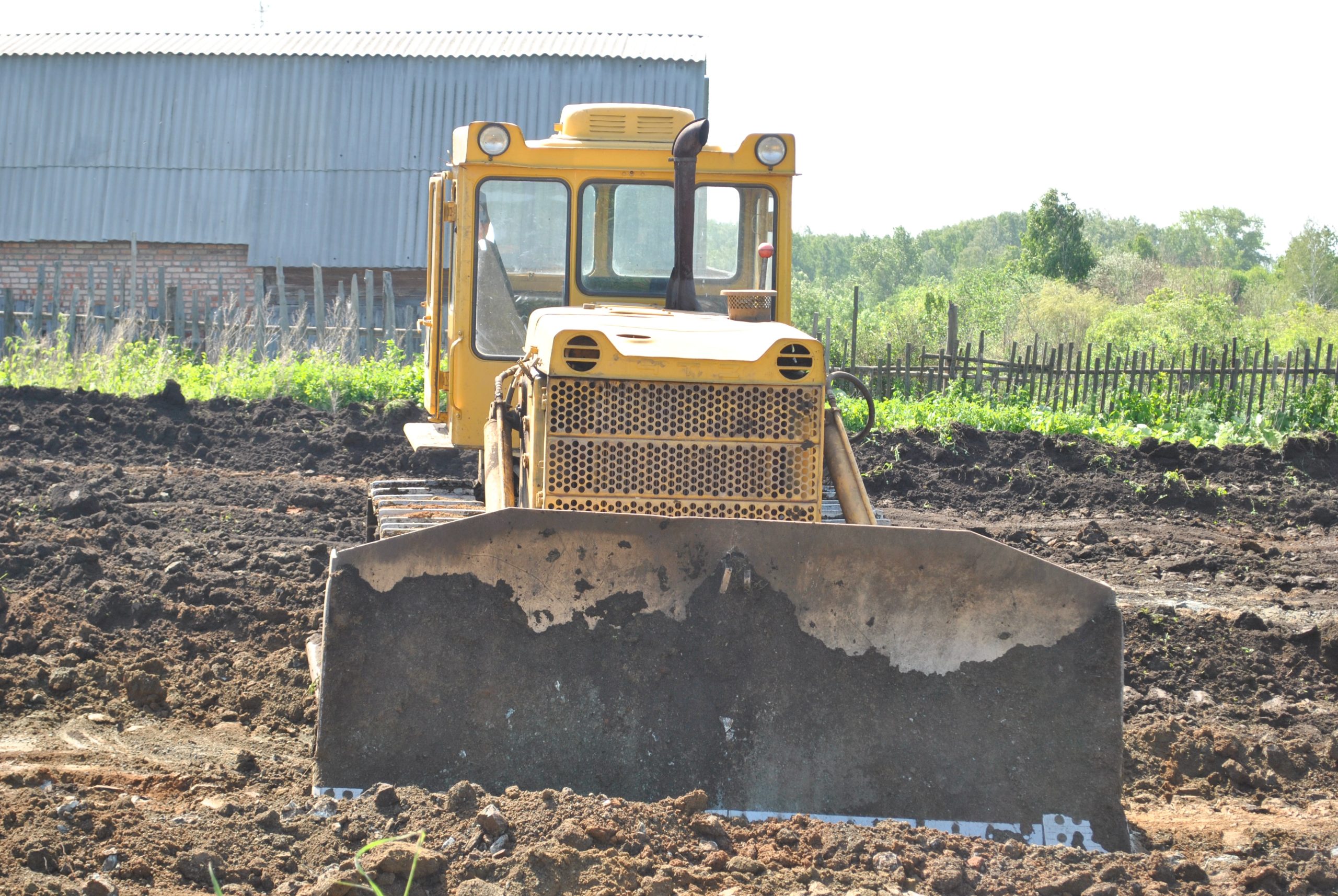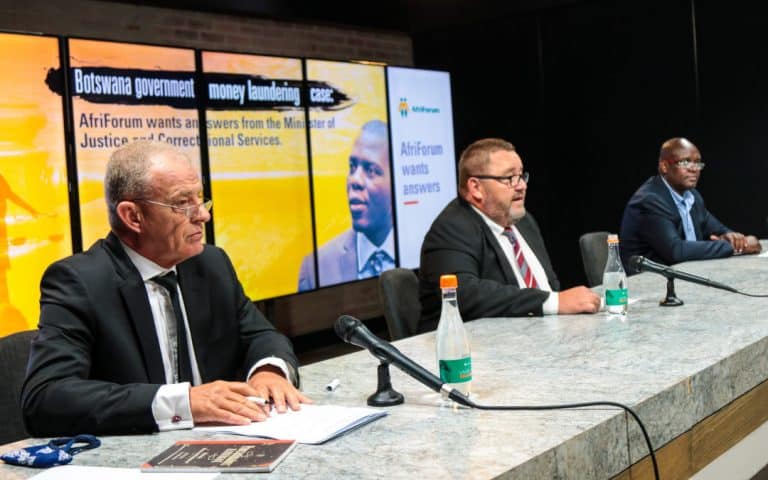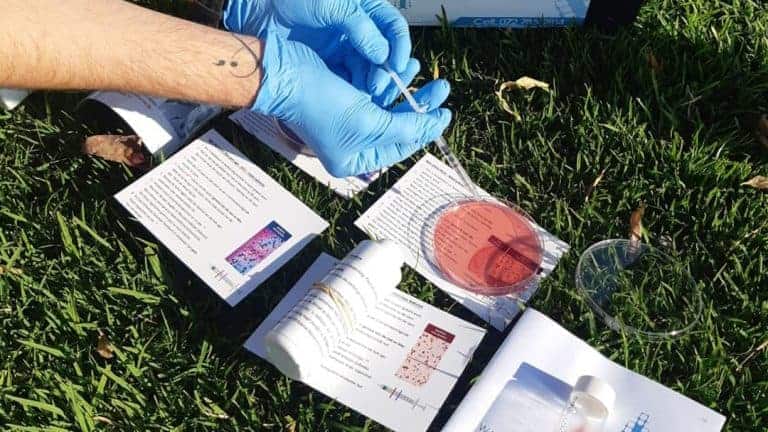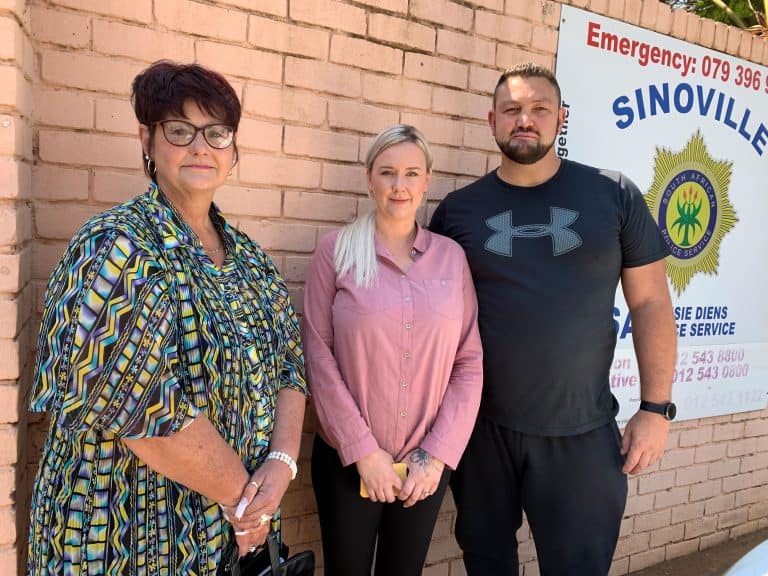Government’s desperation for shale gas placing South Africa at risk
At the recent Southern African Oil and Gas Conference held in Cape Town, Dr Bongani Sayidini from the Petroleum Agency of South Africa announced that Cabinet would soon be approached to lift the moratorium on shale gas exploration.
Sayidini attributed the moratorium to the outcomes of public and civil society litigation around the unlawful publishing of environmental regulations by the Minister of Mineral Resources and Energy, (for which it did not possess the legislated mandate). The mandate to publish environmental regulations resides with the Minister responsible for environmental affairs.
“This is not what rational decision-making looks like,” says Jonathan Deal from Treasure the Karoo Action Group. “Government appears to be reaching out to anything resembling a potential lifeline amidst its ongoing financial challenges, without considering the consequences. While on the one hand acknowledging that the courts have repeatedly ruled in favour of activists, including on issues around the regulations, the Department of Mineral Resources and Energy is moving with indecent haste towards exploration without the required regulatory framework and regulations being in place,” he continues. “The oil and gas industry’s well-documented false narratives around the volume of South Africa’s potential shale gas reserve and the ‘old wives’ tale’ of gas being a ‘clean’ fossil fuel are still being peddled by government and its corporate cronies alike. These claims are outdated by more than a decade, and they have also routinely been refuted with empirical evidence.”
“Moreover, considering the years of effort required to undertake and complete the Strategic Environmental Assessment and the subsequent drafting of regulations to incorporate key recommendations of the study, it does not make sense that exploration is being rushed,” concludes Deal.
Lambert de Klerk, AfriForum’s manager for Environmental Affairs, agrees. “One of the key issues in relation to the regulations is that they are still in draft form, and that they need to be finalised to ensure that appropriate environmental and groundwater monitoring systems are in place, especially for relevant data to be captured prior to any drilling. This requirement extends to exploration too,” he says. “Without baseline data, it will be near-impossible to prove contamination because of drilling activities in future.”
“This risk was specifically highlighted in government’s own Strategic Environmental Assessment. Of further concern is that it appears that the Department of Mineral Resources and Energy continues to sideline the Department of Forestry, Fisheries and the Environment, as well as the Department of Water and Sanitation in matters that have a direct impact on those departments,” continues De Klerk.
“We will monitor developments and remain committed to ensuring sound and informed decision-making around the issue of shale gas. Any decision or action in this regard, which poses a clear and avoidable risk to South Africa’s enviro-economy, public health and livelihoods will be contested in an appropriate court,” concludes De Klerk.









